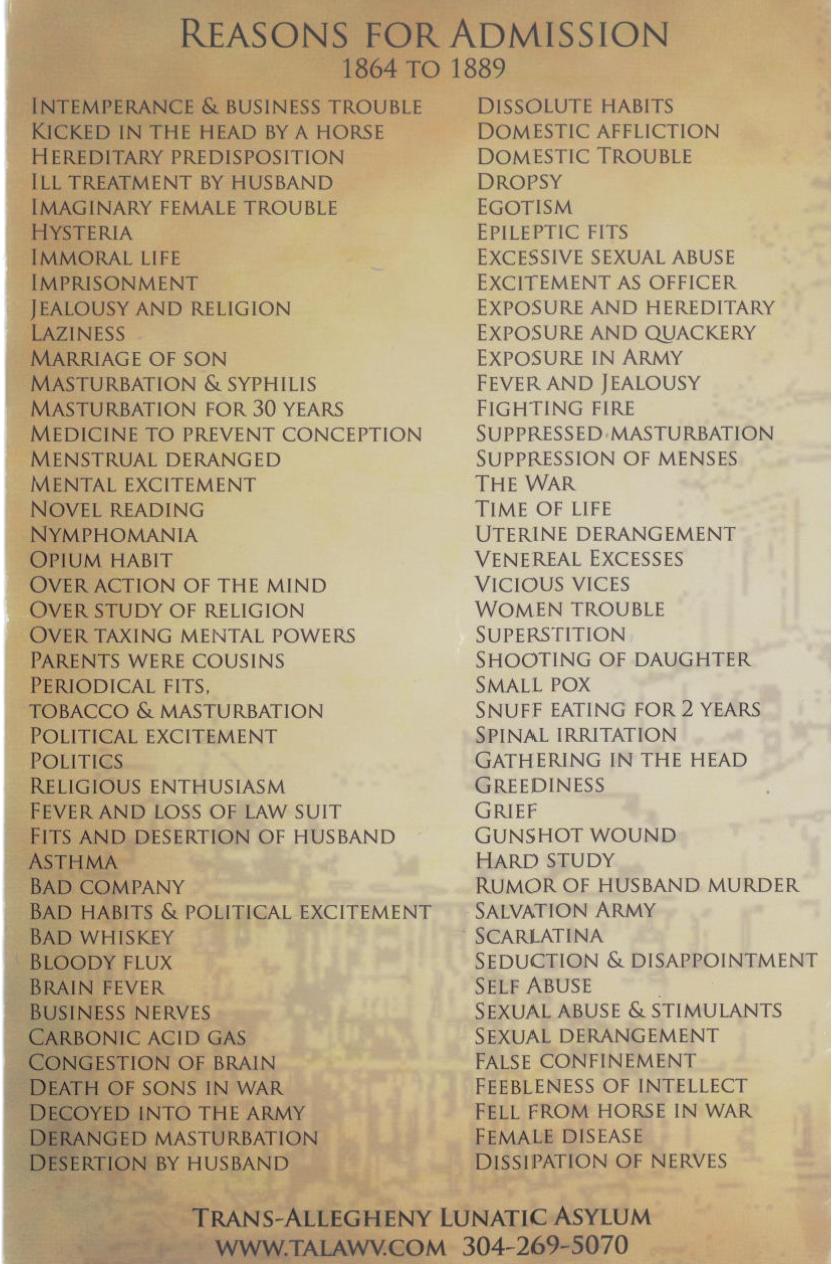Hi all. I'm a long time lurker, first time poster to the boards. Just a little background first: I am a MS-IV currently applying to psychiatry programs for residency, I was sort of a last minute convert to the field. I had my psych rotation early on in MS-III year and really enjoyed it. However, I went through the rest of my rotations and psych sort of got buried along the way. By the end of MS-III I was considering family medicine or pediatrics, but after doing a psych elective earlier this year, I remembered why I liked psychiatry so much: the varying presentation of the same pathology was fascinating and I liked spending more time with patients. So with that in mind, I applied to psychiatry.
Fast forward to now, and I'm feeling a little uneasy about my choice. In between all the talks about the actual effectiveness of antidepressants vs placebo, the dwindling number of new psych drugs in the pipeline, and the overall lack of practical understanding of the mind-body dynamic, among other things, I'm concerned. I've talked to one of my psych attendings about these concerns, and he's tried to allay my fears, but a lot of his advice mentioned the ever-nebulous "future of research is bright, etc." argument.
I don't know if it's cold feet (e.g., not knowing what's in store for the field down the road) or maybe I was too naive and "reality" is only now just settling in, but I guess I'm just sort of bummed out right now. Has anyone else had these feelings and how did you overcome them?
Fast forward to now, and I'm feeling a little uneasy about my choice. In between all the talks about the actual effectiveness of antidepressants vs placebo, the dwindling number of new psych drugs in the pipeline, and the overall lack of practical understanding of the mind-body dynamic, among other things, I'm concerned. I've talked to one of my psych attendings about these concerns, and he's tried to allay my fears, but a lot of his advice mentioned the ever-nebulous "future of research is bright, etc." argument.
I don't know if it's cold feet (e.g., not knowing what's in store for the field down the road) or maybe I was too naive and "reality" is only now just settling in, but I guess I'm just sort of bummed out right now. Has anyone else had these feelings and how did you overcome them?

